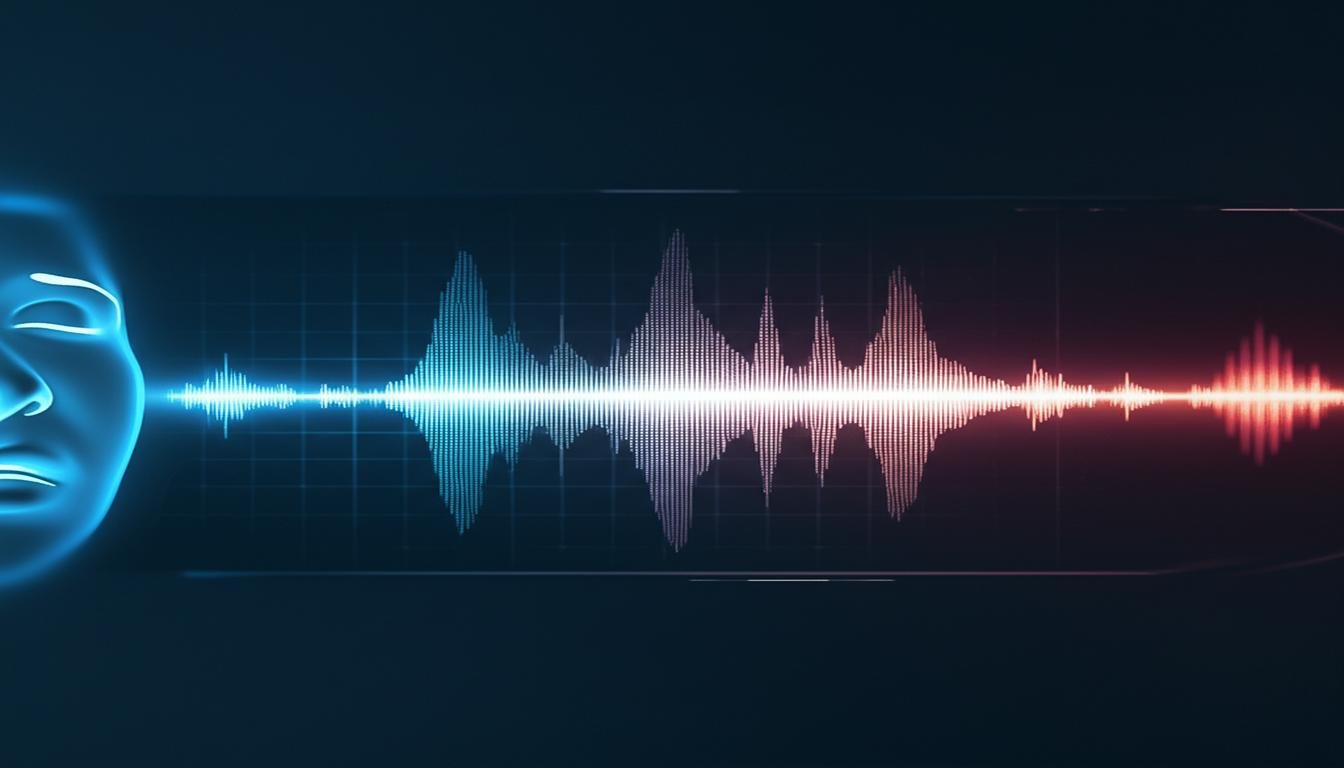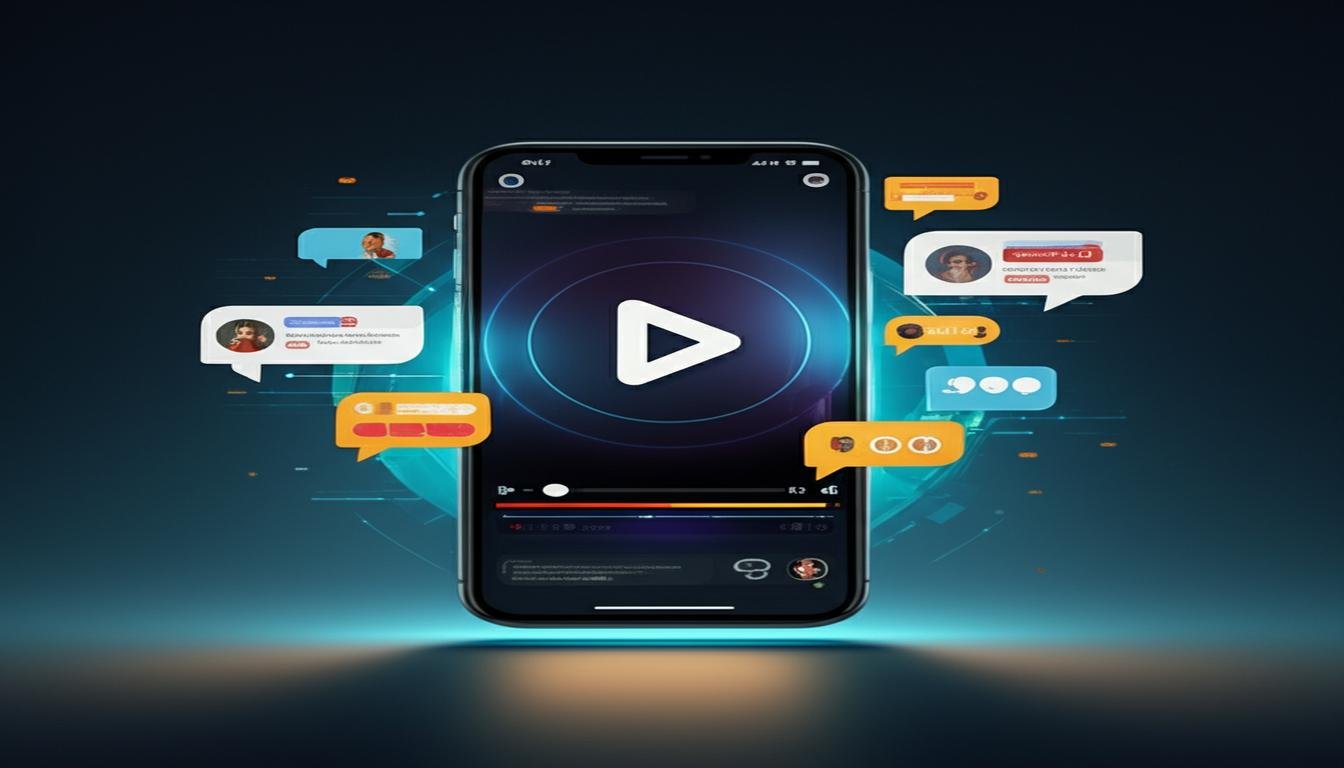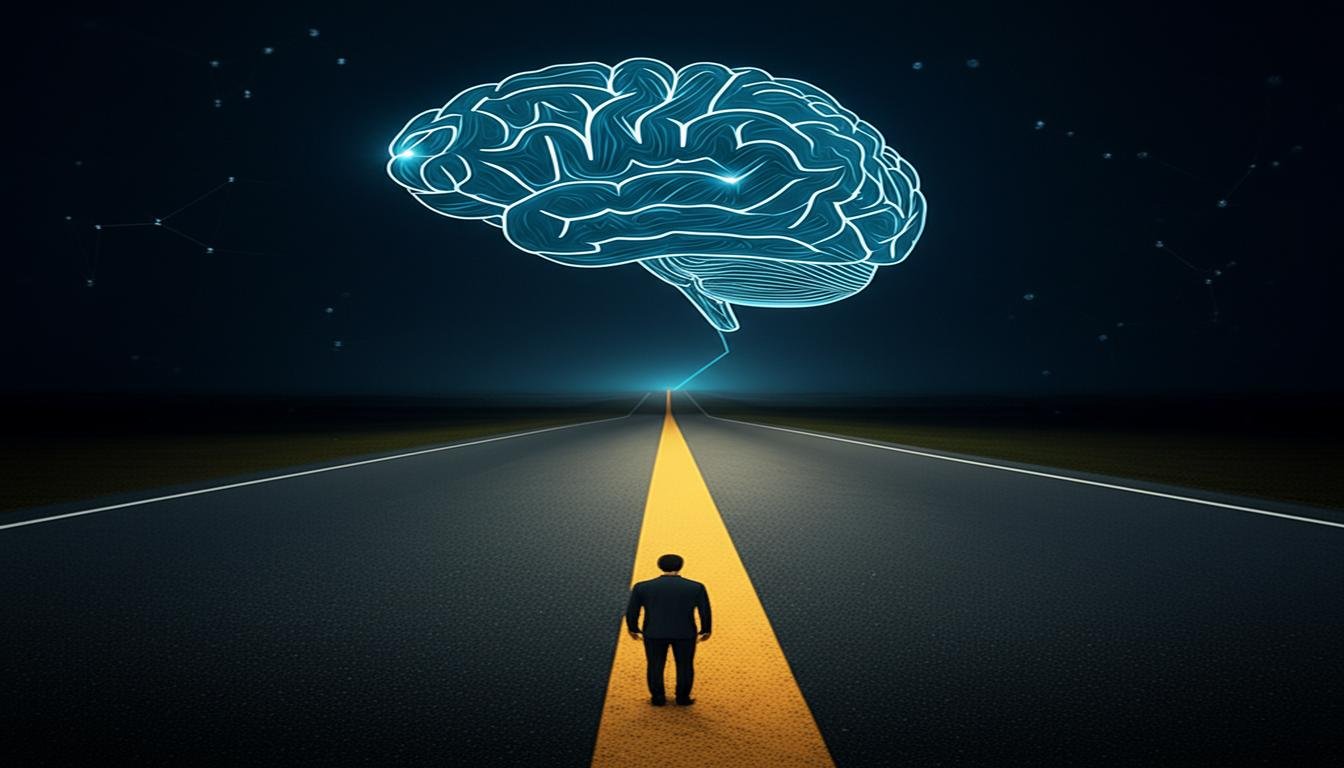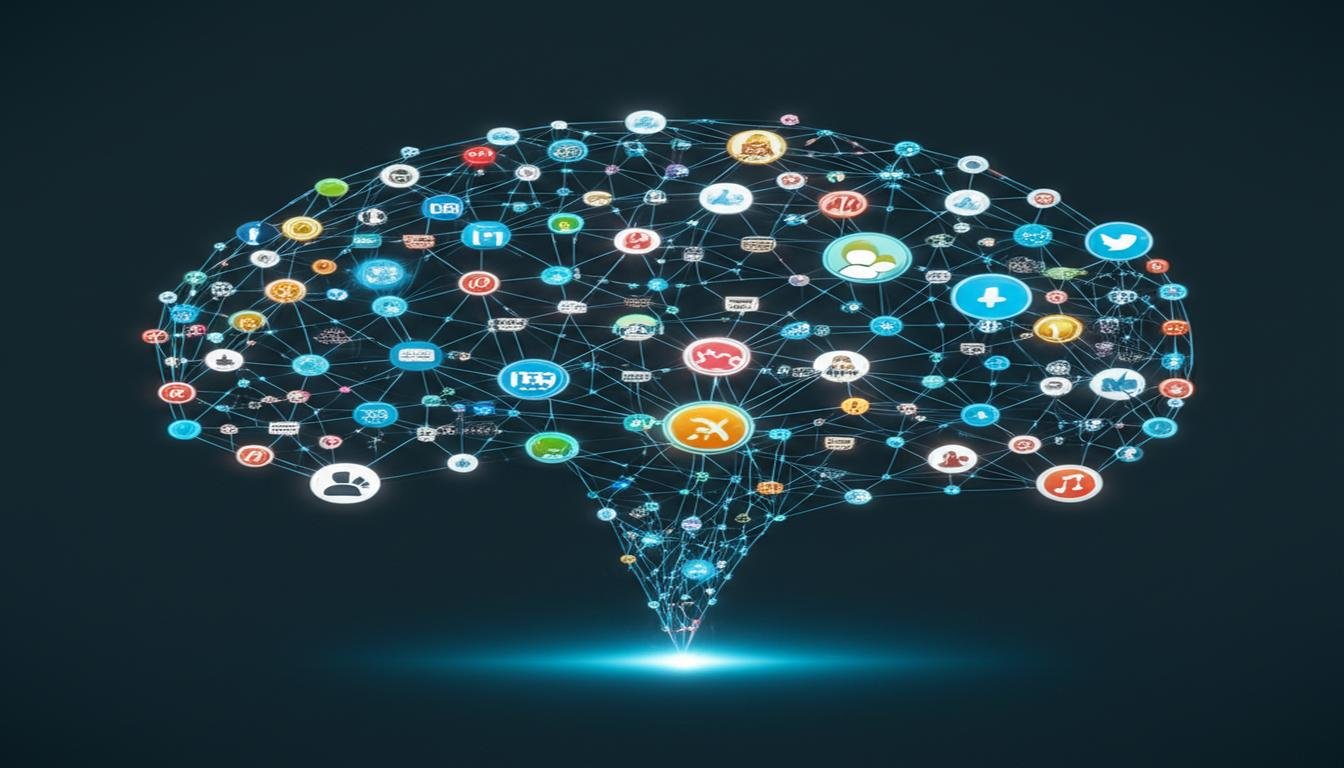Ever found yourself trying to “read” someone’s personality just by looking at their face? We all do it instinctively – a furrowed brow might suggest deep thought, a quick smile, a friendly nature. But what if a computer could do the same thing, only faster and, in some ways, more accurately, revealing insights instantly?
It sounds like science fiction, doesn’t it? Yet, the technology exists: AI that can analyze your facial expressions and features to give surprisingly deep clues about your personality traits. Welcome to the fascinating, and sometimes a little bit unsettling, world of AI-powered personality insights.
So, What Exactly Is This Face-Reading AI?
Forget crystal balls or palm reading. This isn’t about predicting your future. Instead, we’re talking about advanced artificial intelligence, specifically a branch called computer vision, combined with machine learning. This clever tech can “look” at a human face through a camera or image and, in mere milliseconds, process a ton of information.
Think of it as an incredibly detail-oriented observer. It’s been trained on massive datasets of faces, expressions, and the known personality traits of those individuals. Over time, it learns to recognize patterns that even the keenest human eye might miss.
How Does It Even Work Its Magic?
It’s not magic, but some seriously complex algorithms working behind the scenes. Here’s a simplified breakdown:
- Facial Landmark Detection: The AI first identifies key points on your face – the corners of your eyes, the tip of your nose, the edges of your lips, etc. There can be hundreds of these points.
- Micro-Expression Analysis: Humans often display tiny, fleeting facial movements called micro-expressions. These can last less than a second but are powerful indicators of emotion. The AI is trained to spot these nuances.
- Feature Analysis: Beyond just movement, the AI also looks at the structure and proportions of your face. While controversial and debated, some research suggests subtle links between facial features and certain personality predispositions.
- Data Comparison: All this captured data is then compared against vast databases where known personality types (often based on established psychological models like the “Big Five” personality traits: Openness, Conscientiousness, Extraversion, Agreeableness, and Neuroticism) are correlated with specific facial patterns and expressions.
The result? An educated guess, or rather, a probabilistic assessment, of your personality traits.
What Kind of Personality Traits Can It Uncover?
While it won’t tell you if you prefer pineapple on pizza, facial analysis AI aims for deeper insights. It often focuses on those scientifically recognized personality dimensions:
- Extraversion: Are you outgoing and social, or more reserved?
- Agreeableness: Are you compassionate and cooperative, or more challenging?
- Conscientiousness: Are you organized and disciplined, or spontaneous?
- Neuroticism: Are you prone to worry, or generally calm and stable?
- Openness to Experience: Are you imaginative and curious, or more conventional?
Beyond these core traits, the AI can often detect transient emotional states like happiness, surprise, anger, sadness, fear, and disgust with high accuracy.
Where Might We See This Technology in Action?
The applications for this kind of AI are wide-ranging, from the intriguing to the potentially impactful:
- User Experience & Marketing: Imagine an online ad that subtly changes based on your real-time emotional reaction to its content. Or a website that adapts its layout to better suit your predicted personality, making your browsing smoother.
- Recruitment: Some companies are exploring using AI to analyze candidate video interviews, looking for specific personality traits that might indicate a good fit for a role. This is, understandably, a highly debated application due to ethical concerns.
- Security: Enhancing emotional intelligence in AI systems for public safety or monitoring.
- Mental Health Support: Potentially, AI could help identify early signs of emotional distress or provide insights for therapy.
But Is It Always Right? (And the Important Caveats)
Here’s where we need to pump the brakes a bit. While incredibly advanced, this AI isn’t infallible. Human personality is complex, shaped by a myriad of experiences, culture, and individual choices that a machine simply can’t grasp fully. Key considerations:
- Bias: If the data used to train the AI isn’t diverse, it can lead to skewed or biased results, particularly across different ethnicities or demographics.
- Privacy Concerns: The idea of an AI constantly analyzing our faces raises significant privacy questions.
- Context Matters: A specific expression might mean different things in different cultural or situational contexts. AI can sometimes miss this nuance.
So, while fascinating, it’s crucial to view these AI-powered insights as supplementary tools, not definitive judgments. Your personality is far richer and more dynamic than any algorithm can fully capture.
The Future is Looking Back at You
The ability of AI to read our faces and reveal personality clues is a testament to how rapidly technology is evolving. It pushes us to consider what it means to be human, how we express ourselves, and the ethical lines we need to draw as AI becomes more integrated into our lives.
This isn’t just a quirky tech demo; it’s a field with real potential, for good and for ethical dilemmas. So, the next time you smile at your phone camera, remember, there might just be an AI learning a little bit more about you than you ever imagined!









